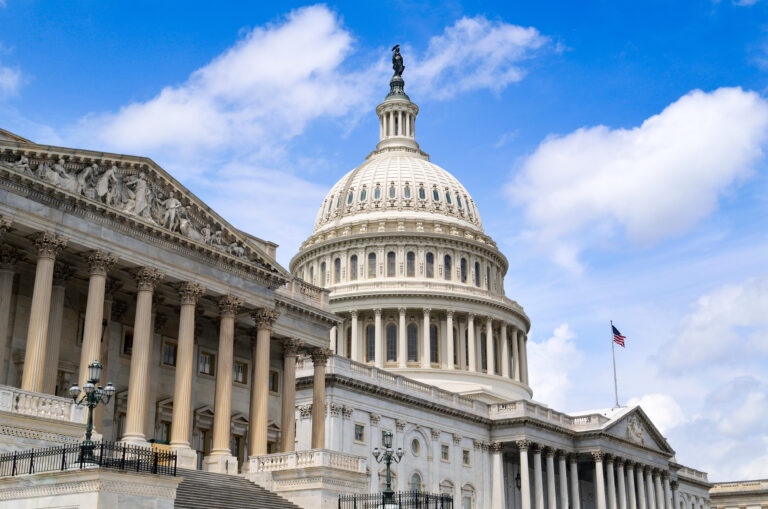On May 24, Minnesota Gov. Tim Waltz (D) signed into law HF 4024, making Minnesota the first state in the nation to codify a ban on tuition sharing between its public state colleges and universities and Online Program Management Companies (OPMs) when a contract involves recruitment and marketing services. The state law will supersede the federal safe harbor for incentive compensation.
A brief history of the safe harbor
More than 13 years ago, the U.S. Department of Education (ED) issued a Dear Colleague Letter (DCL) that established a ‘bundled services’ safe harbor from the Higher Education Act’s ban on incentive compensation — allowing institutions of higher education to share tuition with third parties offering recruitment services when bundled with other services.
That exclusion has been hotly debated due to the massive growth of Online Program Managers (OPMs) which have been heavily criticized for attracting students to high cost, low return programs. In the spring of 2022, the U.S. Government Accountability Office issued a report which found at least 550 colleges work with OPMs. At the time, the GAO urged additional monitoring.
Last year, ED announced it would be reviewing the 2011 DCL safe harbor, while also issuing a new, and now indefinitely delayed DCL that would greatly expand the definition of Third Party Servicers. However, ED has yet to act on the safe harbor, with varying theories and speculation around whether or not they will address it in the coming months.
What’s in the Minnesota law and who does it apply to?
The Minnesota law has a very specific definition of what an OPM is and therefore what types of entities can no longer participate in tuition sharing and fall under other requirements of the new law. In particular the definition notes the law applies to for-profit entities that “provide bundled products and services to develop, deliver, or provide managed programs, when the services provided include recruitment and marketing.”
In addition to banning tuition sharing, the law also:
- Prohibits OPMs from being granted rights to intellectual property, patentable discoveries, or inventions of faculty members.
- Bans OPMs from having authority over matters of institutional governance or educational content such as curriculum development or student assessment and grading.
- Requires review and approval of OPM contracts by the institution’s governing board.
- Establishes significant reporting requirements for the institutions to share with the legislature “an assessment and analysis that provides for a rigorous review and monitoring of online program management.” The requirements include a description and evidence of how the IHE gathers student feedback and student complaints related to OPMs.
- Establishes marketing requirements that include a clear disclosure of the OPM’s relationship along with prior approval of all marketing communications by the institution.
Notably, the Minnesota legislature added an exception to the new requirements in the later stages of the bill’s development, that exempts changes to agreements entered into on or before July 1, 2023 that increase or decrease the number of managed programs. This exemption, however, is not permanent and is set to expire in July 2028. The law’s provisions will go into effect July 1, 2024, and apply to contracts entered into on or after that date.
What’s next? Will other states follow suit?
Very few states so far have expressed a legislative interest in OPMs, with only a handful of bills introduced in the past few years, including in California in 2019 and New Jersey in 2022–both of which failed to pass.
Our team will continue to provide updates and analysis around OPM legislation at the state level along with federal policy changes.
For any questions, please reach out to us.




